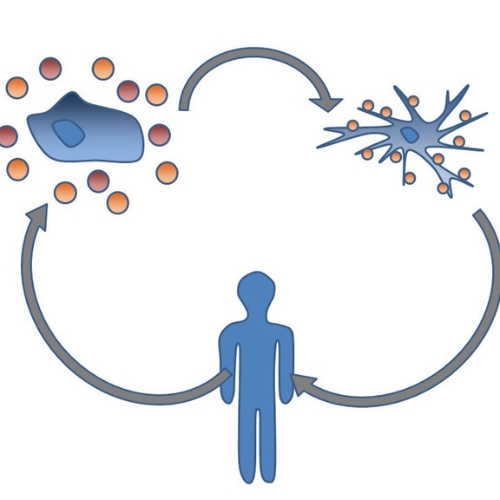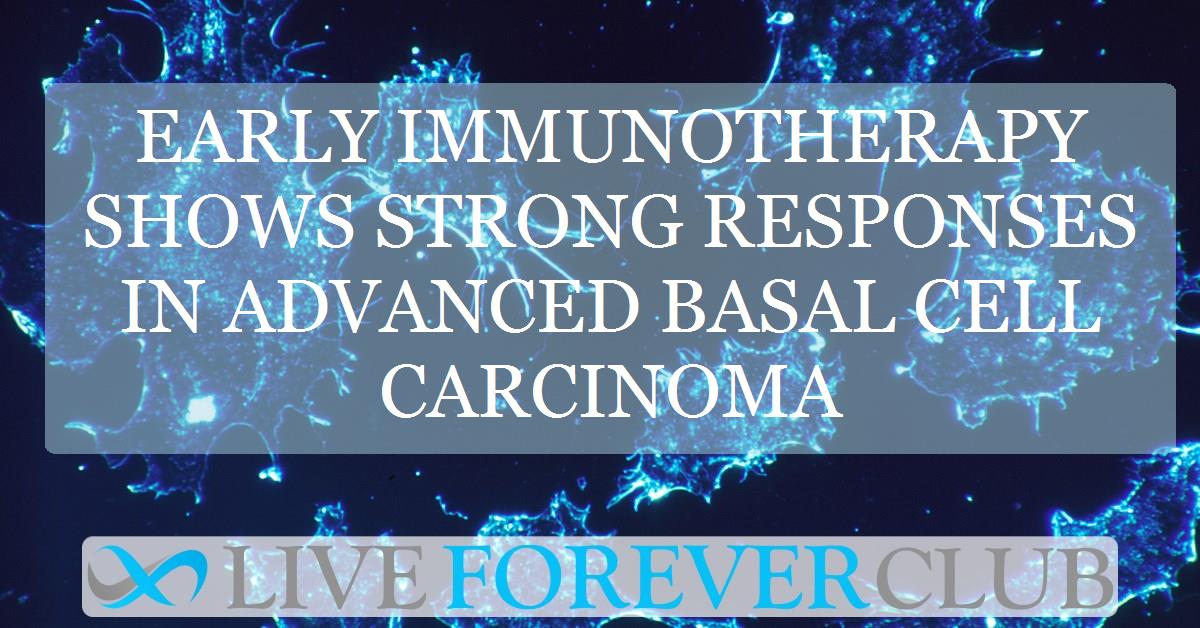Key points from article :
A team led by Govind Warrier at the Johns Hopkins Kimmel Cancer Center has shown that giving the immunotherapy drug nivolumab as a first-line treatment may be more effective for advanced basal cell carcinoma (BCC) than current approaches. In a phase 2 trial published at the ESMO annual meeting, nivolumab produced a 52% objective response rate in patients with inoperable BCC—far higher than the 25–30% typically seen when the drug is used only after hedgehog pathway inhibitors.
Researchers also tested whether adding the LAG-3 blocker relatlimab could help patients whose cancers stop responding to nivolumab alone. Among those 13 patients, the combination achieved a 31% response rate, supporting earlier Johns Hopkins discoveries showing that LAG-3 is widely expressed in aggressive BCC.
Because standard treatments often have short-lived benefits and difficult side effects, these findings suggest that earlier use of anti-PD-1 therapy—and possibly dual checkpoint blockade—could offer more effective options for the roughly 10,000 U.S. patients each year who develop inoperable BCC.






